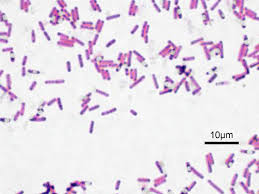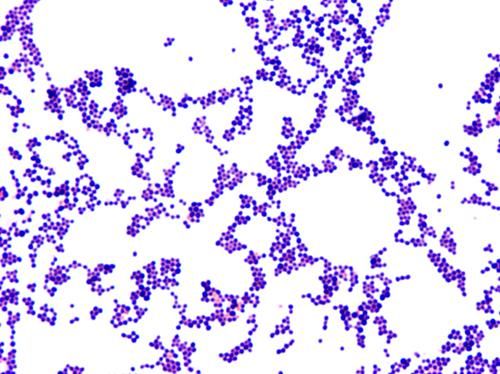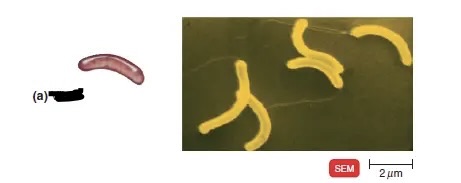exp 4 simple stains
1/29
Earn XP
Description and Tags
be able to describe the proper procedure for smear preparation and heat fixation of a bacterial smear. define acidic dye, basic dye, simple/direct stain. and negative/in direct stain. state the mechanism of and differences between simple and negative staining.
Name | Mastery | Learn | Test | Matching | Spaced | Call with Kai |
|---|
No analytics yet
Send a link to your students to track their progress
30 Terms
What are bacterial mostly made up of( this makes them hard to see unstained. think of our bodies and the Earth)
Water
What else can special staining techniques show in bacterial cells ( think flagella,endospores and capsules)
Some staining techniques can show structures within and outside of the cell
How do simple stains allow microbes to be visualized? What do they create, and how are cells distinguished?
Simple stains create increased contrast so that the cells are easily distinguished from thier background.
What does negative staining do?(opposite of simple stain)
Background being stained while the bacterial cells remain colorless.
What chemicals do the stains contain? (think of how the color works chp)
chromophores
What are the 2 categories of stains? (think pH a and b)
Acidic and basic stains
anions have what charge while cations have what charge?
anion = - negative charge and cation = + positive charge
How does an acidic stain work?(charge and what it does think about the chemical that is found in the stain and what it. does/makes around the organism )
These are anionic so a negative charge happens. Chromophores are repelled by the bacterial surface making a layer around the organism.
What do acidic stains actually stain, and what do they leave transparent?
Acidic stains stain the background and leave the microbe transparent so this is why the acidic stain is also called a indirect stain.
How does a basic stain work? (what is the charge and what happens)
A basic stain is cationic, meaning it has a positive charge. So negatively charged parts of the bacterial cell will bind and accept the color of the + charged cationic chromogen of a basic stain.
What do basic stains actually stain, and what do they leave transparent?
Basic stains will stain/color the actual bacterial cell and its parts/organelles and it will leave the background transparent
What do most staining methods first have you do? (pre_ a sm_)
preparation of a smear
How do you correctly prepare a smear? (take a small am_ of cu_ and placing it onto a clean sl_ and allowing it to ad.)
Taking a small amount of culture and placing it onto a clean slide and allowing it to air dry.
What is a good tip for preparing a smear? (think of quantity)
mkae sure that it is not too think since you want to have visible cells. Too many will be hard to see as they will bundle together.
Why is heat fixation necessary? (think of what it does for the cells)
Heat fixation allows the cells to stick to the slide during the staining procedure, and it also provides saftey by killing cells, just make sure not to do it too long.
What are the 2 main categories for cell morphologies? (sa)
Shape and arrangement

What cell morphology is this?
Bacillus

What cell morphology is this?
Coccus

What cell morphology is this?
Vibrio

What cell morphology is this?
Spirochete

What cell morphology is this?
Pairs/diplo-

What cell morphology is this?
Diplococci

What cell morphology is this?
Streptobacillii

What cell morphology is this?
Streptococci
What are the 5 different categories for cell morphologies?(b_c_s_s_v_)
Bacillus, coccus, spirillum, spirochete, and vibrio
What are the 3 categories of arrangement for cell morphologies?(pa_ what is this called think of 2, clu_ stap_think of what this looks like and ch_ stre_)
Pairs/diplo, clusters staphylo- and chains strepto-

What cell morphology is this?
Palisades

What cell morphology is this?
Staphylococci

What cell morphology is this?(sa)
Sarcinae

What cell morphology is this?(t)
Tetrads